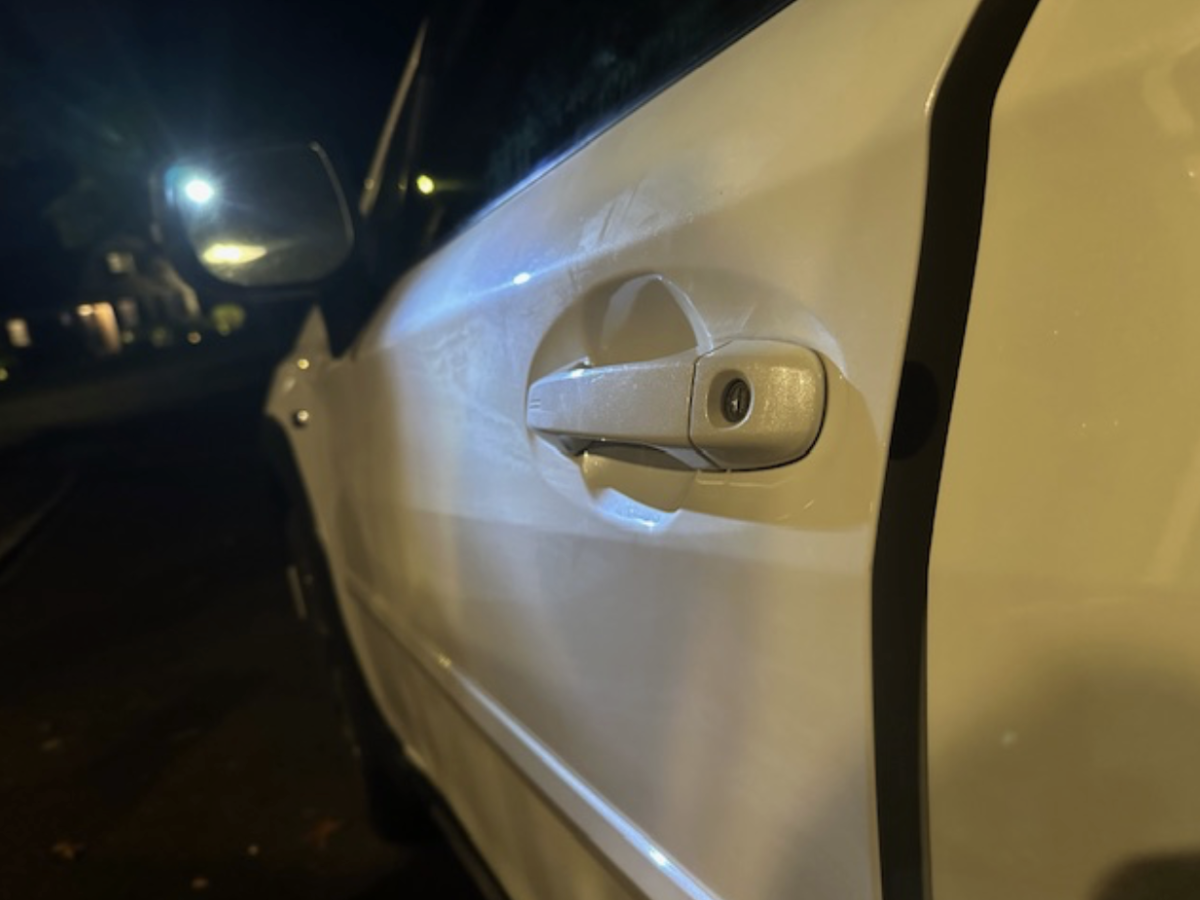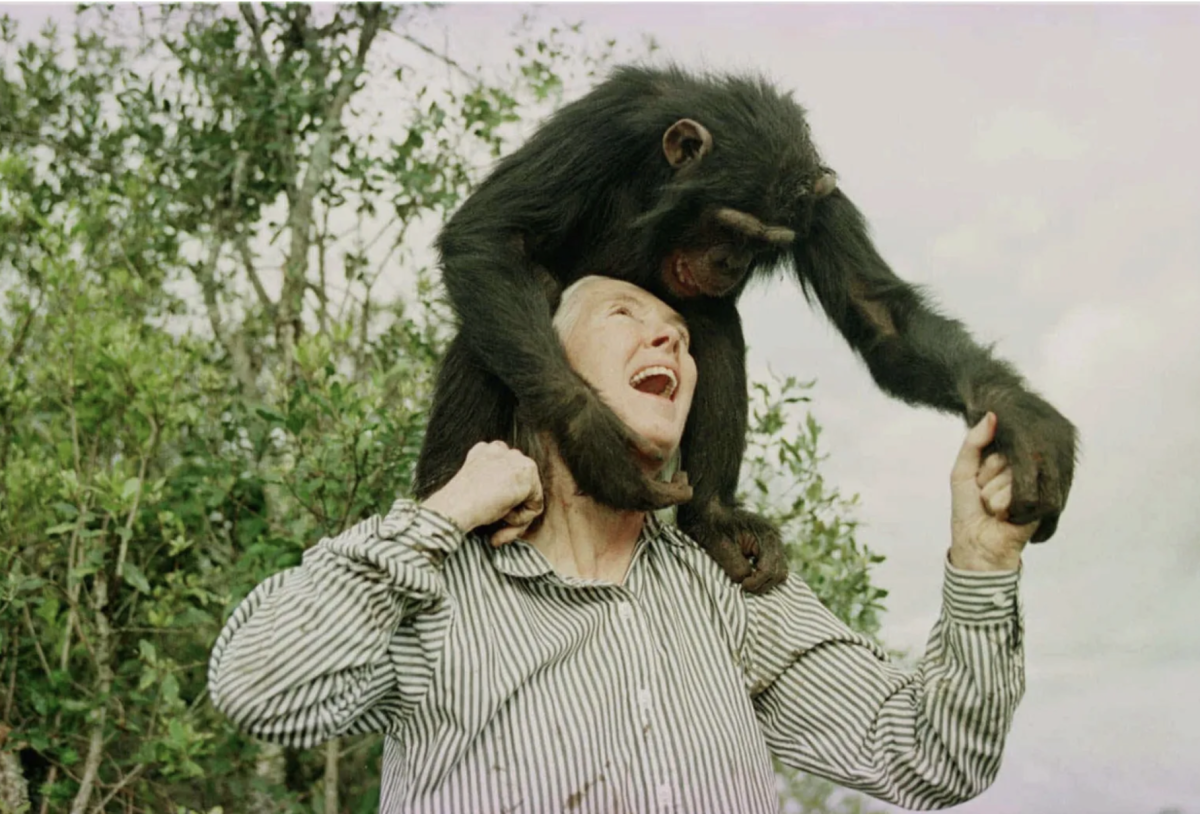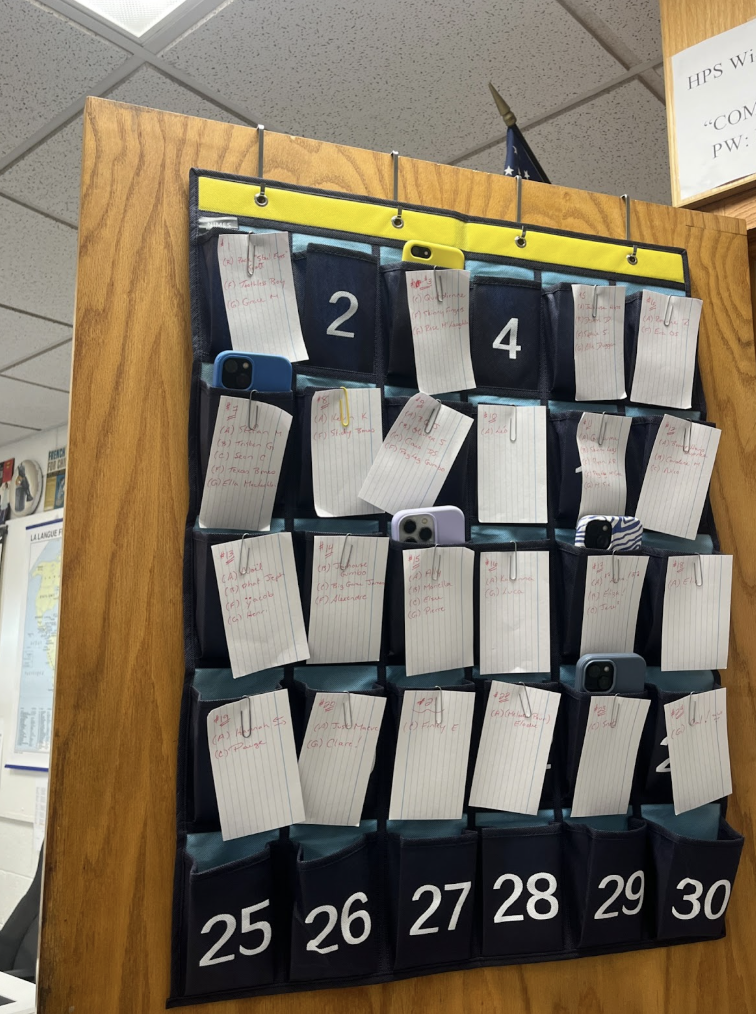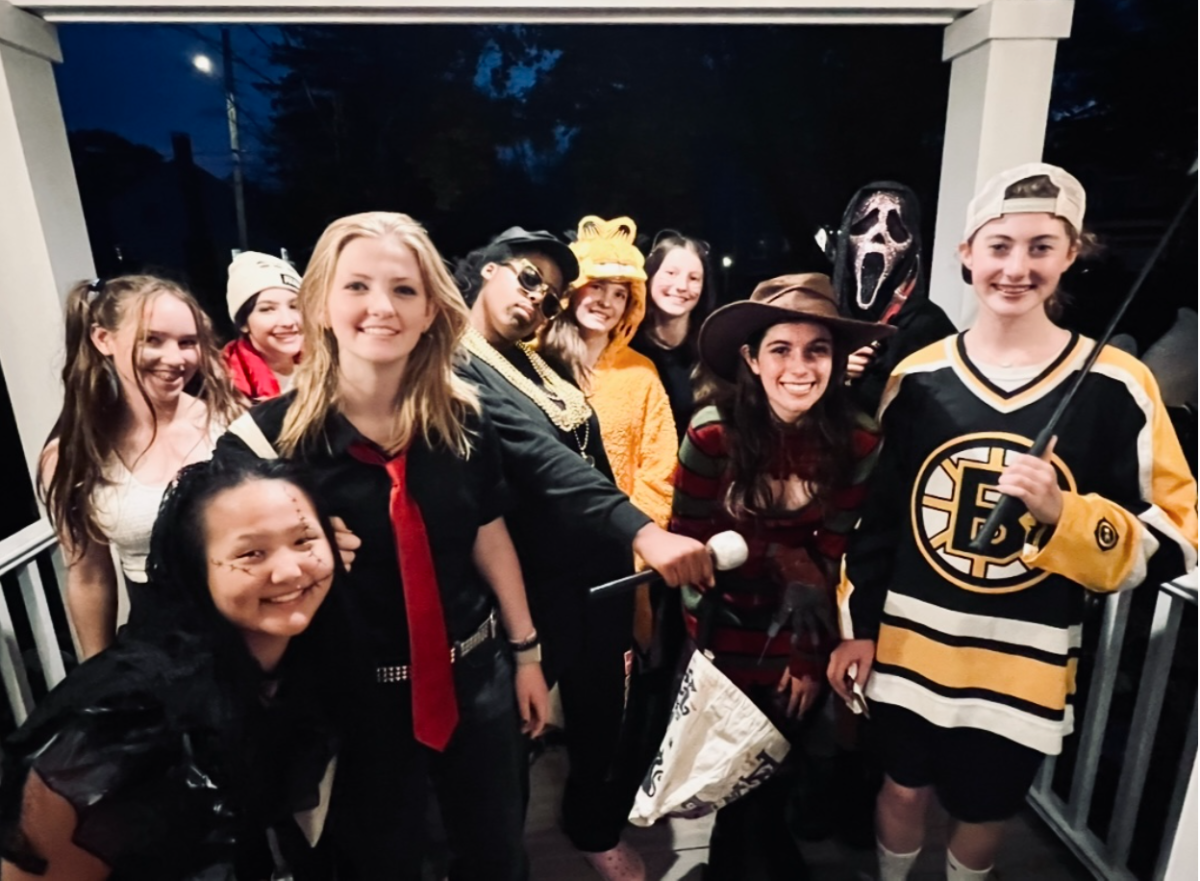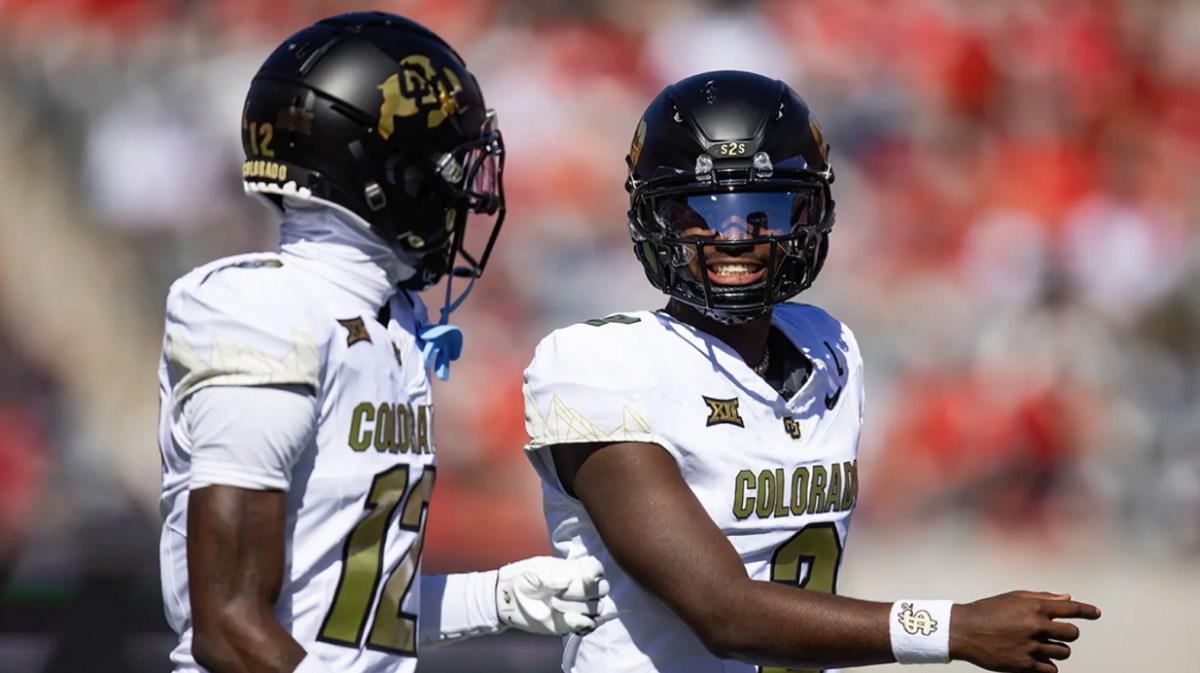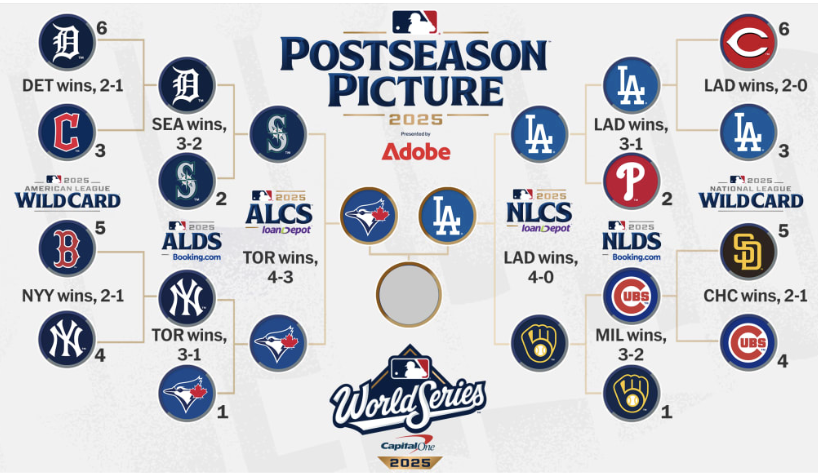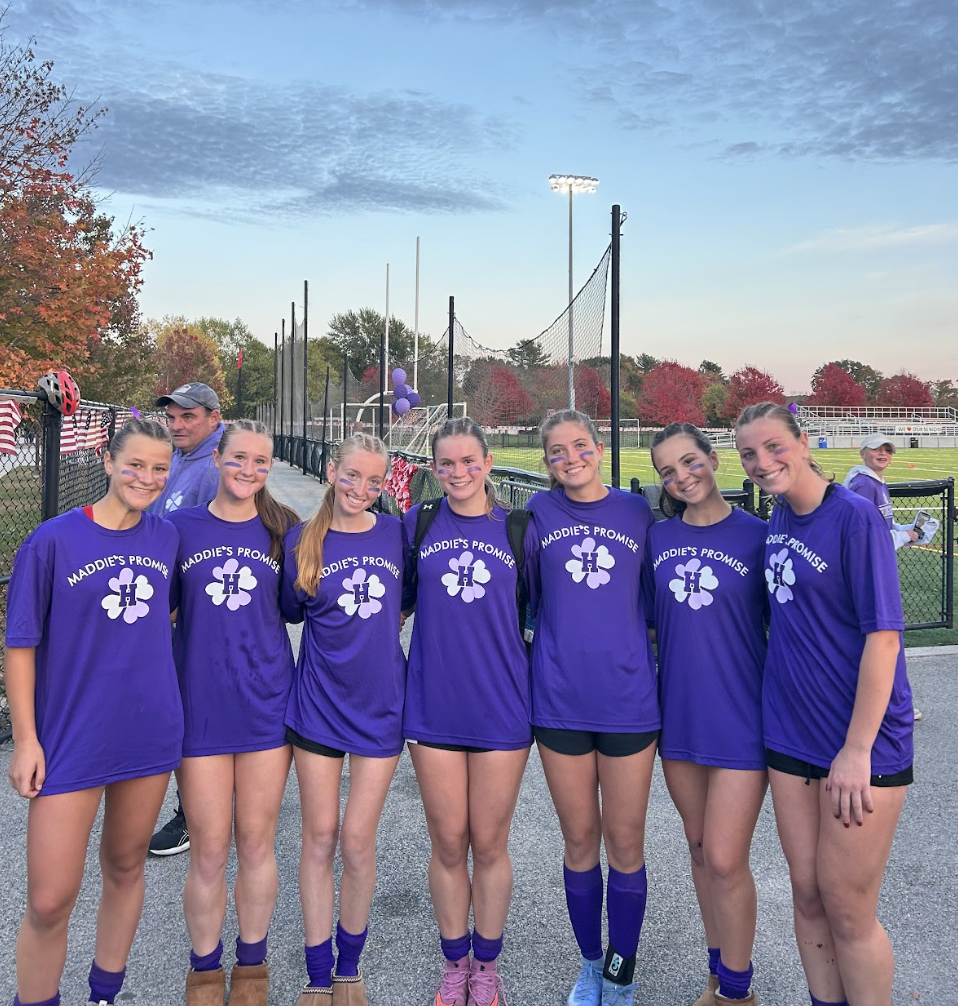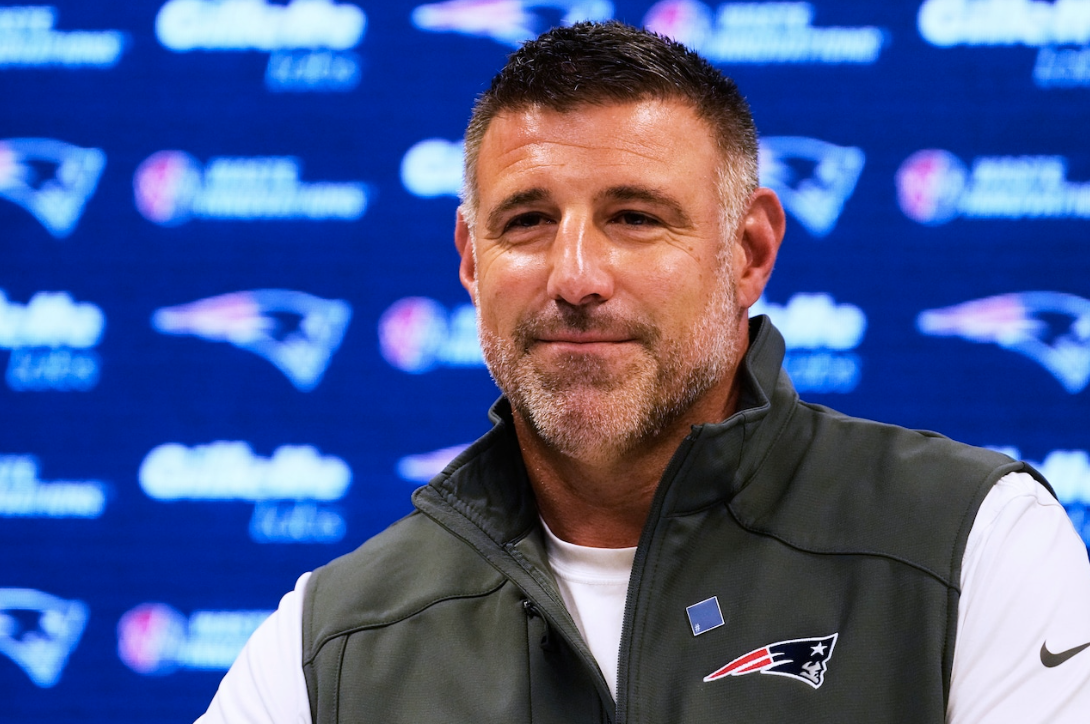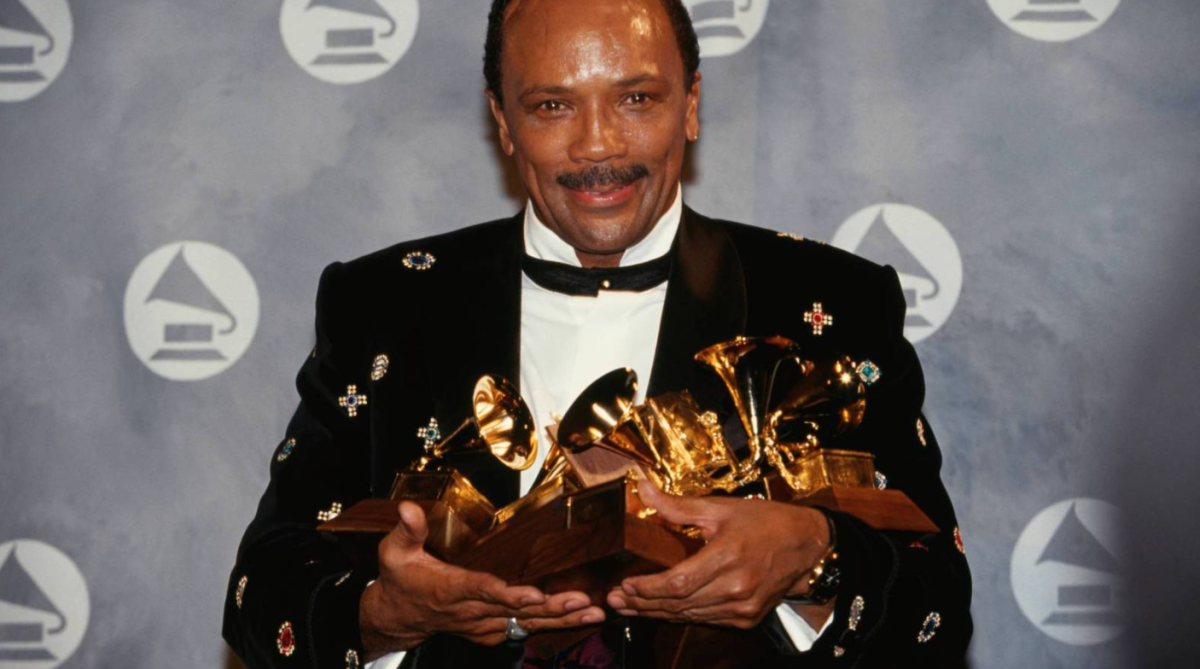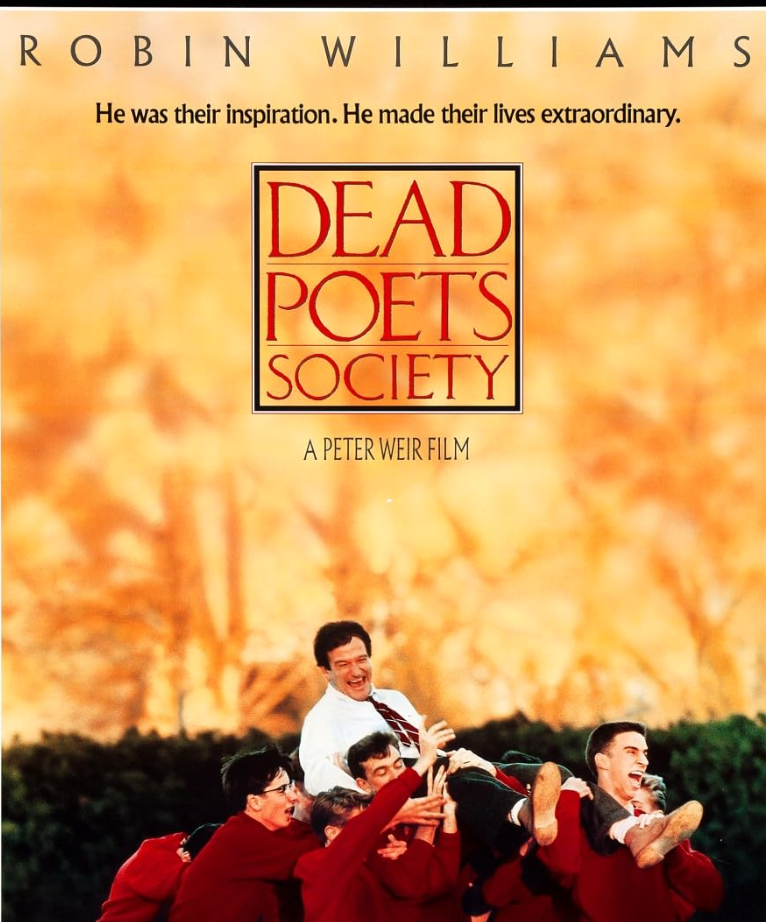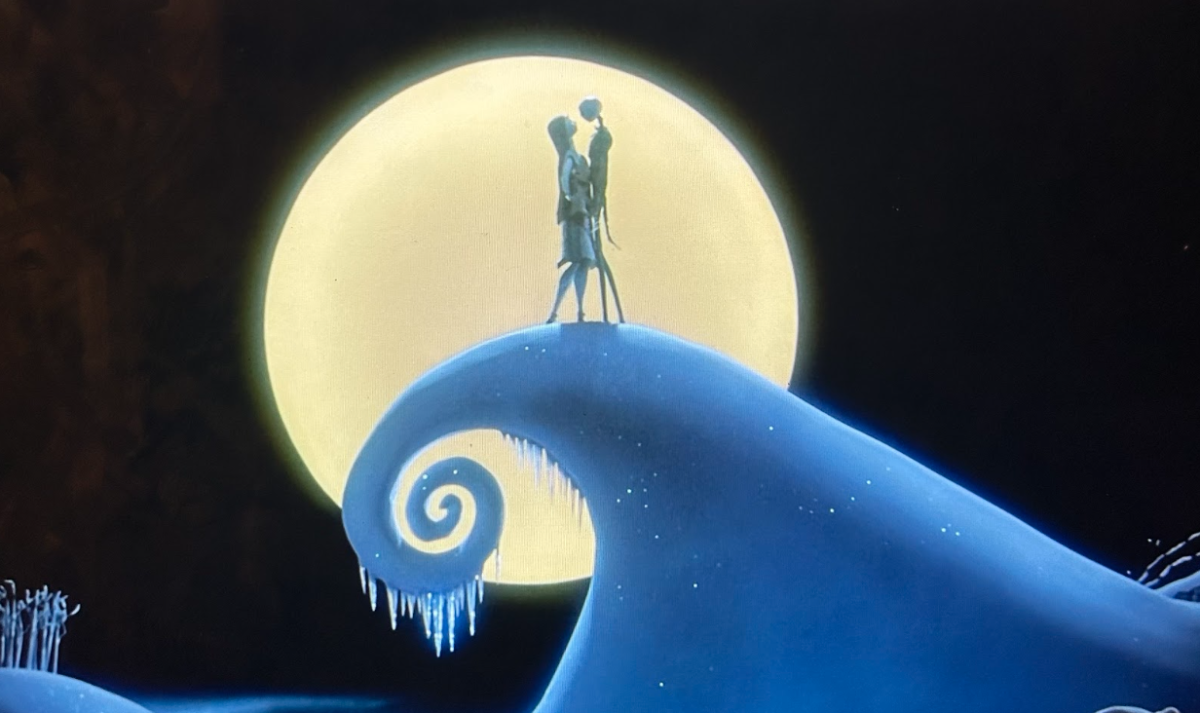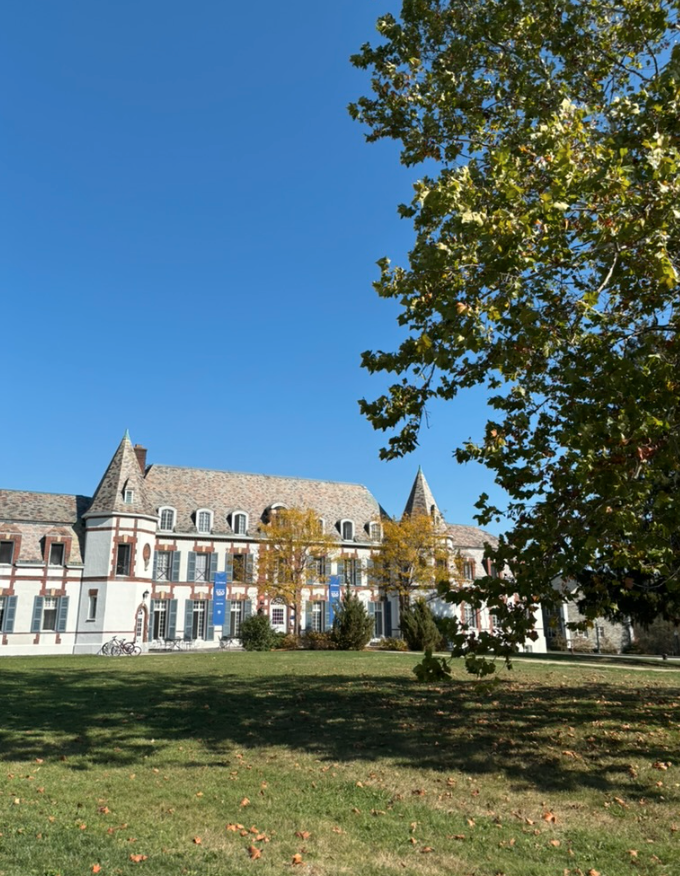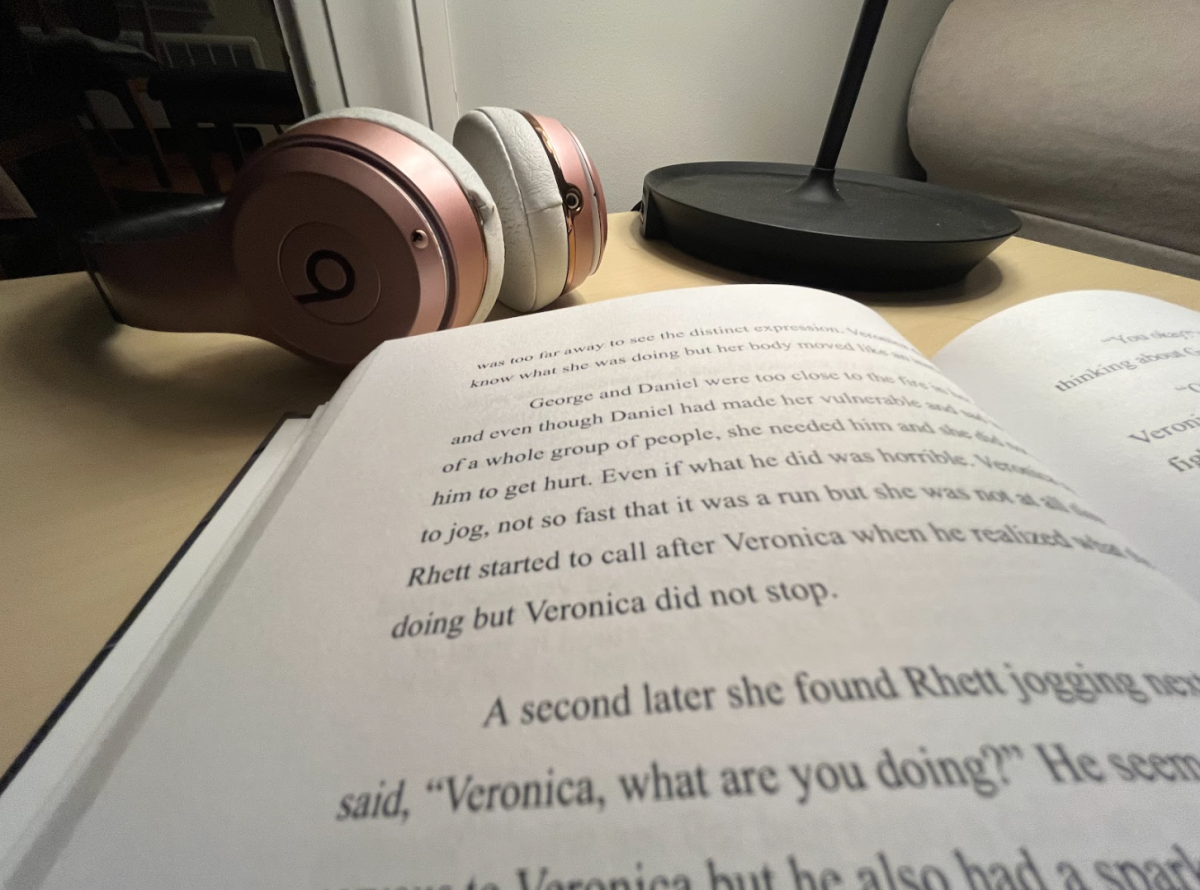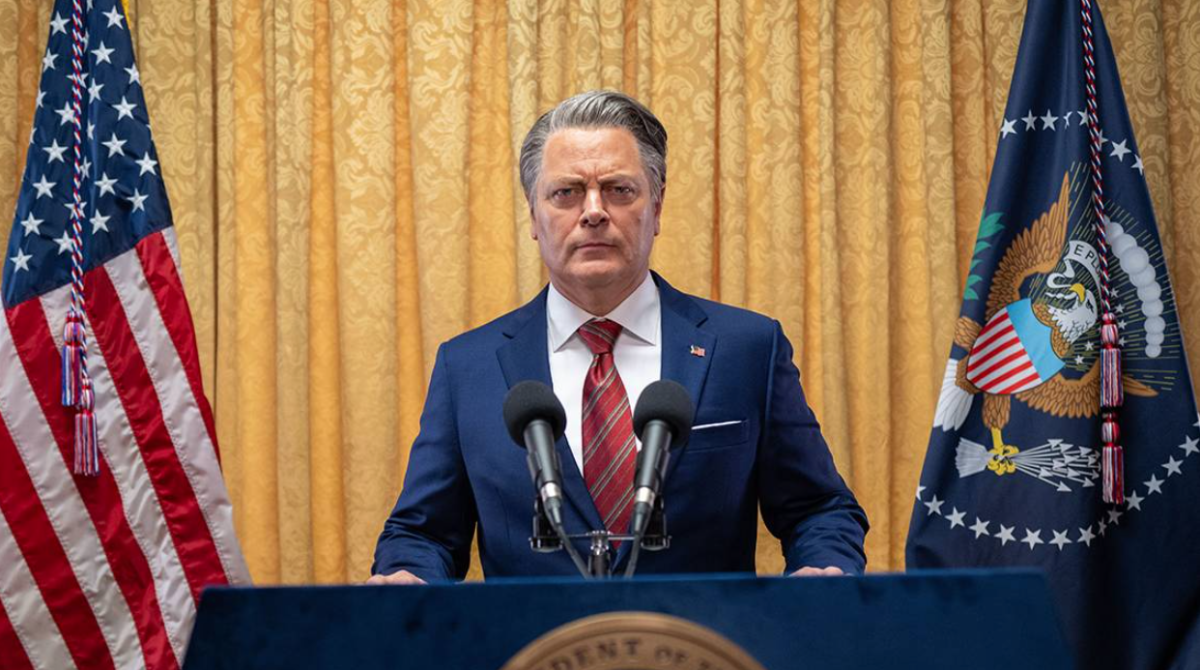In a widely repeated quote from renowned French Nouveau filmmaker Francois Trouffaut, “There’s no such thing as an anti-war film,” because whenever war is put on the screen, it is inherently compelling and dramatic to an audience because of the high stakes involved. Many filmmakers, from Stanley Kubrick to Steven Spielberg have tried. Still, although they succeeded in creating brutal war films, none have impacted me as much as “Civil War”, which creates the most abrasive, repellant experience possible for the viewer, as we are forced to watch our nation tear itself apart on the screen, one atrocity at a time. At the same time, our protagonists – neutral journalists – are helpless to intervene for the integrity of their work. Even the infamous opening to Saving Private Ryan (1998), in which the horrors of World War II were on full display, failed to turn my stomach as much as some of the scenes of Civil War, which decidedly avoids any true resolution in its ending, unlike Saving Private Ryan where the struggle of the mission is validated by the clear purpose of saving the young soldier in the end.
Maisie Knies, a senior at HHS who saw the film, stated, “Civil War was the most abrasive cinematic horror I have ever been subjected to. It will be a long time until I forget what I saw on that screen.”
Directed by Alex Garland, who’s had previous success dating back to the writing of the Generation X psychological novel The Beach, and the screenplay for the revolutionary 2002 zombie apocalypse film 28 Days Later, masterfully takes the imagery of the present to its devastating conclusions, consciously building on images reminiscent of political violence, such as the January 6th incident and Antifa protests, a hellish future in which the president of the United States has ceased power for himself, prompting parts of the nation to forcefully secede.
From the sites of the violence down to the photographs taken by the journalists–which Garland artfully takes time to appreciate, pausing on the frames of photographs, muting the sound after a bomb blast, and amping up the volume for each excruciating volley of gunfire–Garland, a veteran filmmaker, uses the latest tools pioneered by the independent film studio A24 to create a culturally relevant film from a master. In the same way The Beach and 28 Days Later take the viewer into a dark descent into madness from early moments of silence and calm, Civil War begins with relatable newsreels of protest and presidential addresses, before this film literally drops a bomb on the crowd as only the first hint that this world is only a few militant steps forward from our own.
Chris Hoppe, a junior at HHS, described how the instances of graphic violence appealed to the film’s anti war message, stating “the repeated images of blood, executions and other violence took me by surprise and touched my emotions in a way that most conventional war films are unable to do with the limited parts of war they are allowed to show.”
Additionally, by following vulnerable noncombatants through the violence, among whom includes an elderly reporter for the New York Times (earnestly played by Stephen Mckinley Henderson) and an eager young photographer (Cailee Spaney) taken under the wing by a more seasoned journalist (Kirsten Dunst), the audience feels each tense moment of gunfire, of uneasy silence before the next blast, as the illusion of safety that comes with following a character that is armed is lost to this film, as the protagonists are neutral onlookers, determined to follow the action to its gruesome conclusion. In a similar vein as classic literature such as “For Whom the Bell Tolls”, which depicts the gruesome reality of the Spanish Civil War, these journalists truly remain neutral to the bitter end, disregarding the torture and murder of looters (in imagery reminiscent of the aftermath of Hurricane Katrina), and crawling over the bloodied civilian bodies of a mass grave to survive, and more importantly–the internal logic of the movie tells us–to follow the story. Yet despite the difficult moral implications of the inaction on the part of the journalists, Civil War makes a case for the value of journalistic integrity in a crisis, as the images the characters capture chart the history of the violence for the rest of society, who can in turn process the journalists’ record of events. Such a call for impartial journalism was likely intended to criticize the deep polarization of modern news outlets, as many reporters fail to resist sharing personal political opinions on stations such as Fox News and CNN.
Joe Andrews, a Junior at HHS who recently saw the film stated “the perspective of photojournalism was a compelling concept for a war movie. Before watching this movie I had never seen anything quite like it before.”
In conclusion, for the way “Civil War” reflects the problems of America back at the viewer with piercing clarity, in a similar way to how American Fiction recently deconstructed the failings of white liberal woke culture and the “one story”, I believe the film is essential viewing, especially for those who have power in shaping the politics of our day, and thus our nation’s future. Maybe once in a generation a film comes along that acts as a sobering slap in the face to all who bear witness to the images the filmmaker thought worthy to be seen. After all I have seen, and all I have felt in viewing Civil War, I can confidently state for the time being, that Civil War is that film for America in 2024.
Categories:
A True Anti-War Film, Alex Garland’s A24 produced “Civil War” is a brutal wake-up call for America
Parker Bradl, Staff Writer
May 6, 2024
The president of the United States (played by Nick Offerman) addresses the nation. (Photo Credit: A24 Studios)
0
More to Discover




